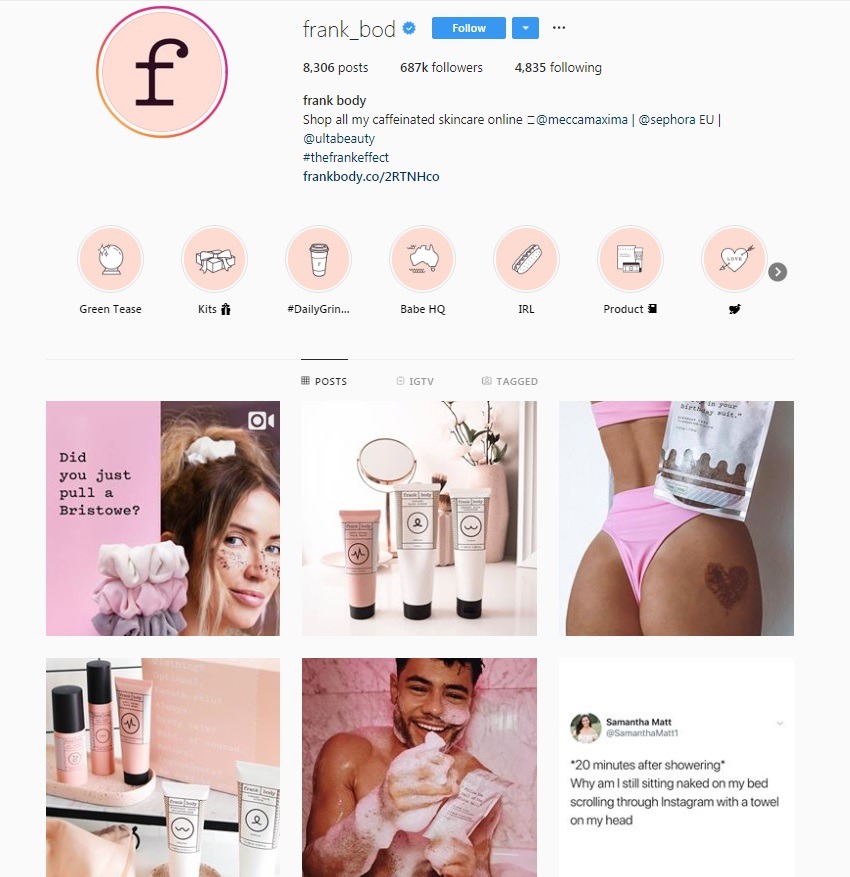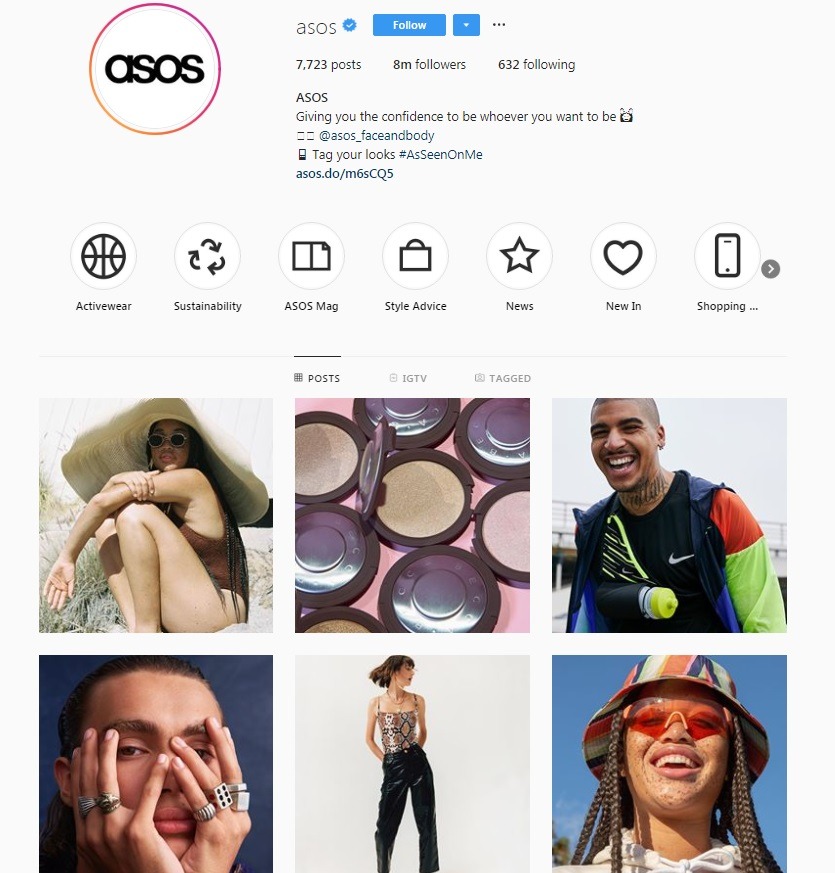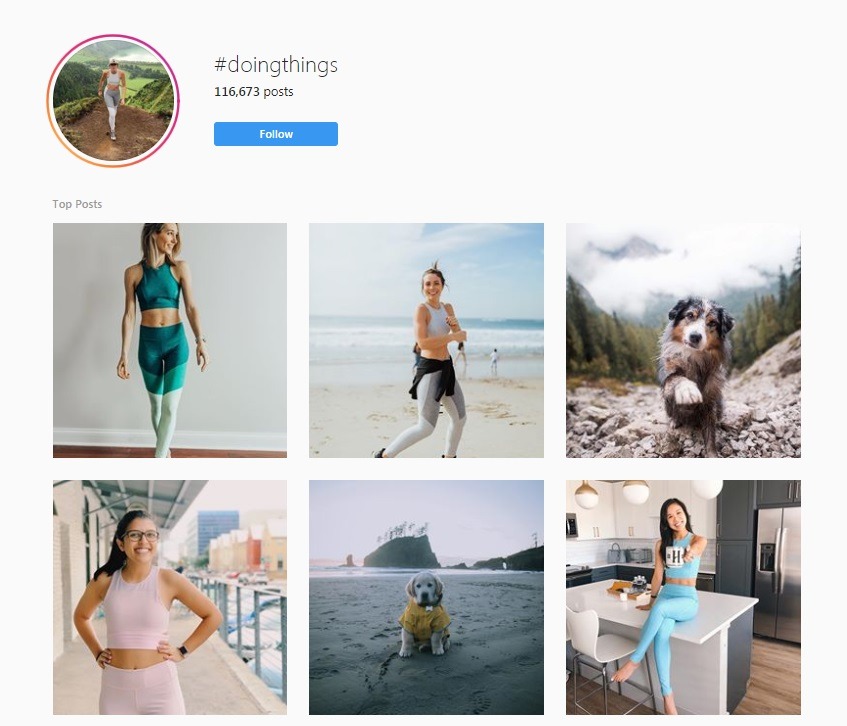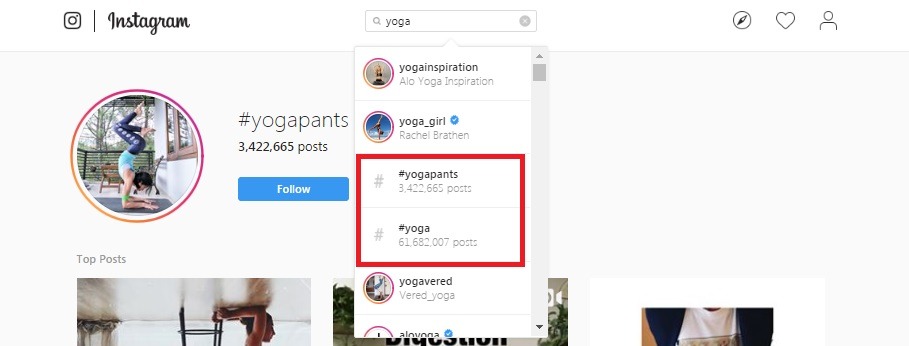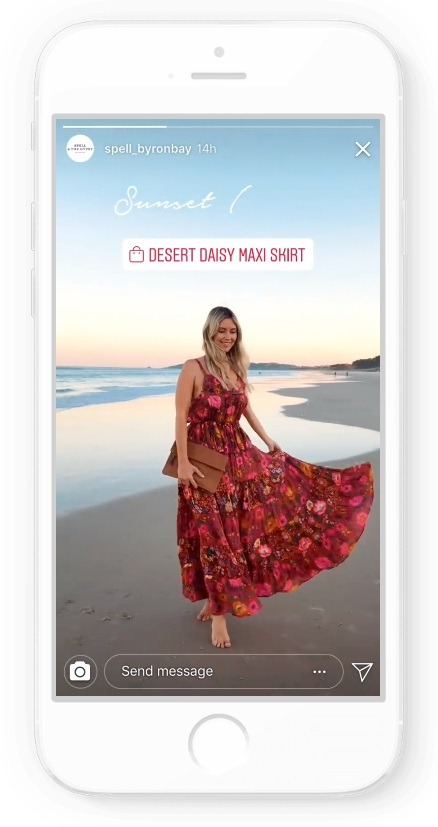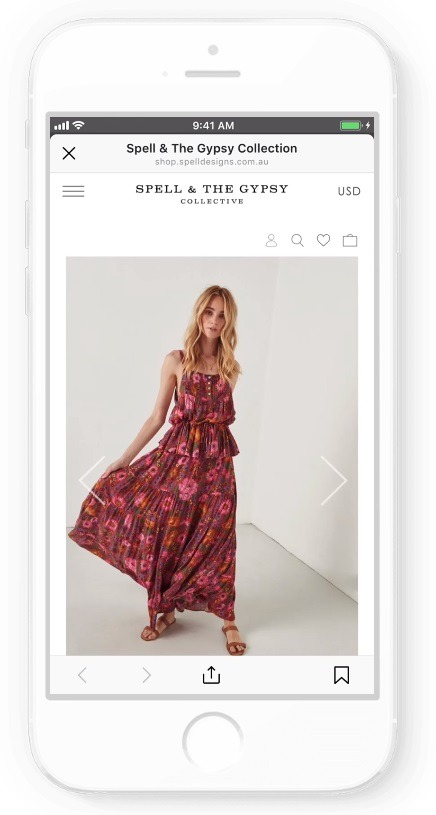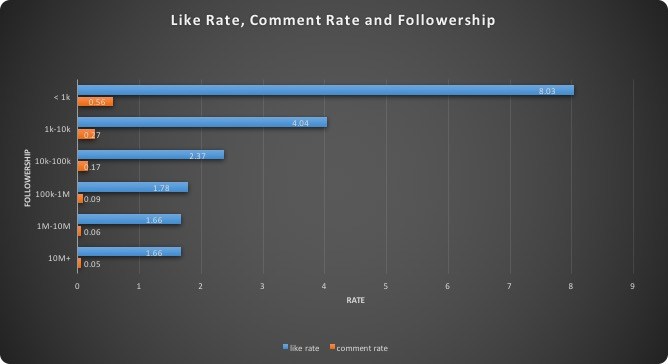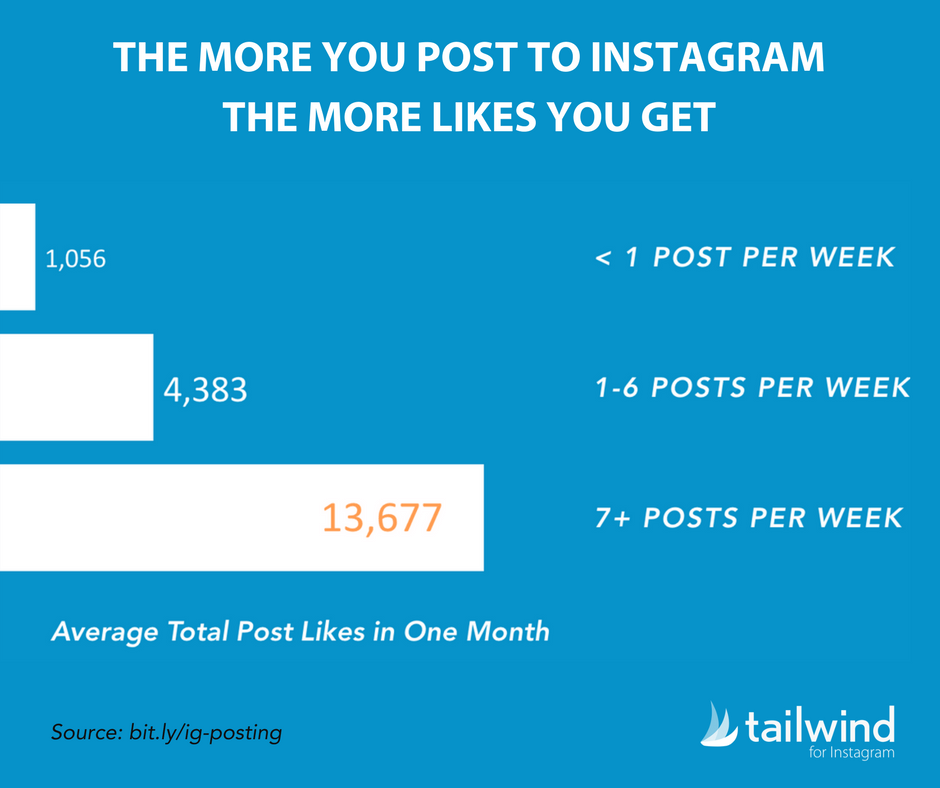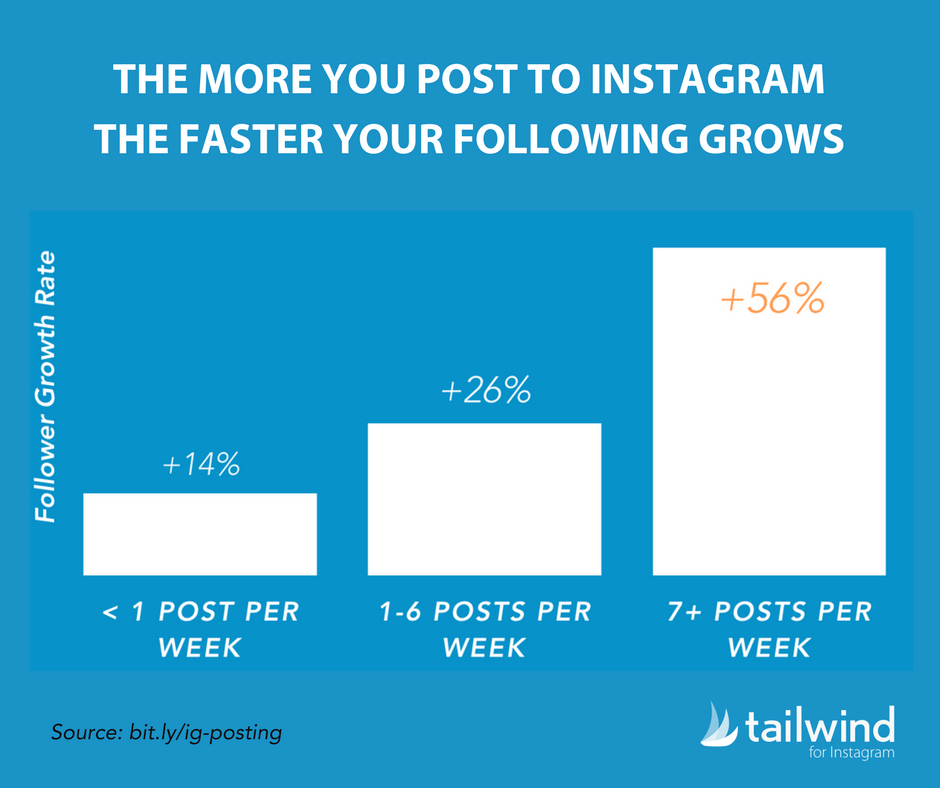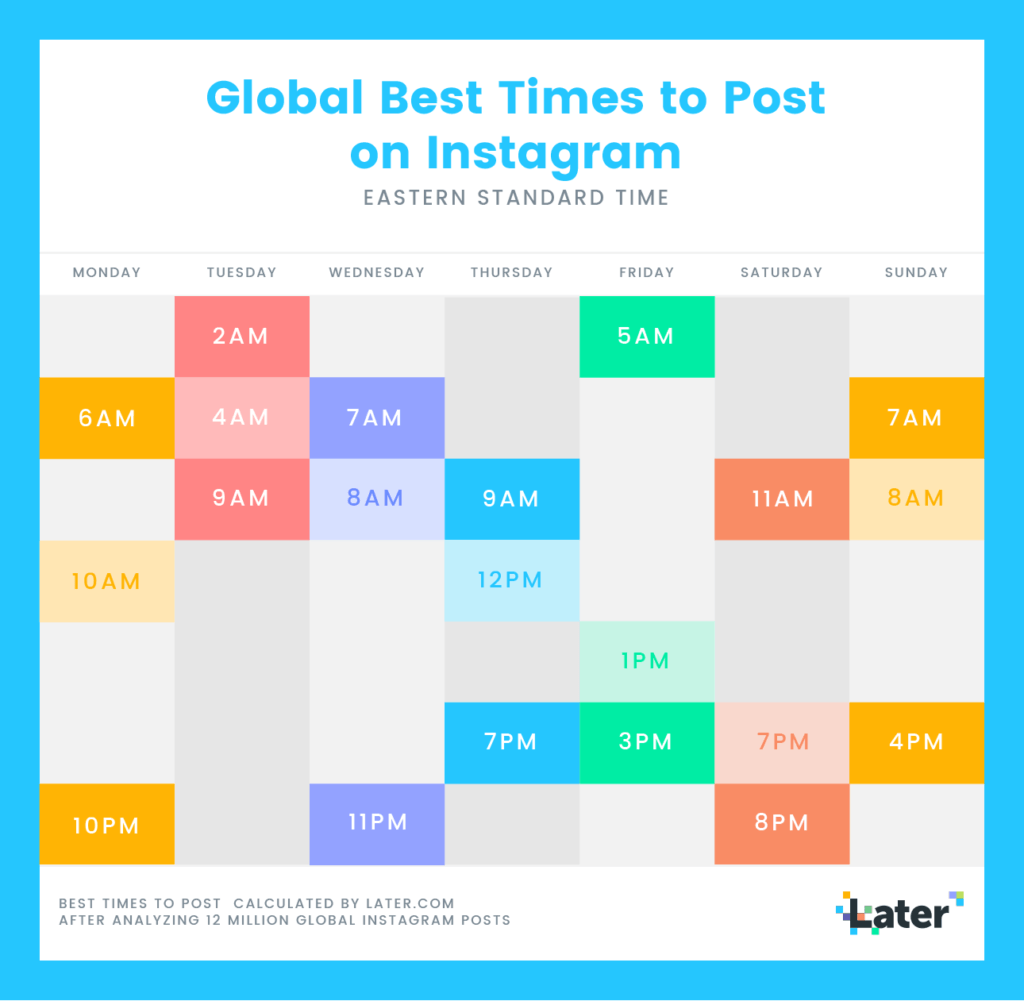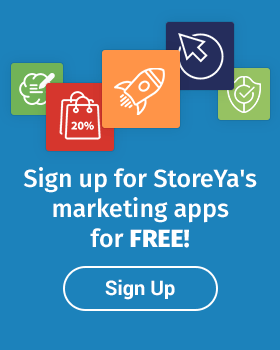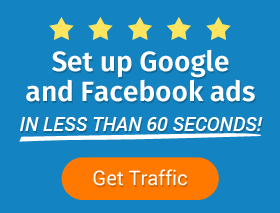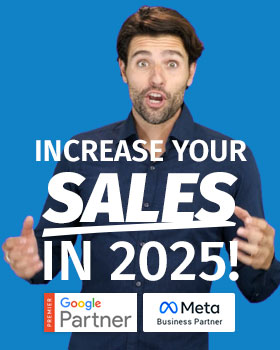If you’re looking to sell more products and make more money with Instagram, you’ve come to the right place. Instagram reached over two billion and shows no sign of slowing down. 50% of those active users follow brands and business accounts. Couple that with the fact that a minimum of two million advertisers use Instagram every month.
This means that if you’ve been slow to sell on Instagram or you’re still not putting enough effort or budget into the platform, you’re being left behind in a huge way. Instagram’s growth has opened up new opportunities for eCommerce businesses to sell their products.
In this post, we will take you through the steps you need to take to turn your Instagram business account into a selling machine so that you can reach new shoppers and sell more products.
Step 1: Spruce Up Your Instagram Account
Your Instagram profile may be a small cog in your Instagram selling strategy, but it’s an important one. Often, before clicking through to your store, a viewer will turn to your Instagram account to get a feel for your brand. Your profile is the first impression a shopper has, and you have only a few seconds to make it. A good profile should include:
- Image and bio that highlight the voice of your brand
- A call to action button as well a CTA prompt in the bio
- Story links, so that viewers can see your top pins
- A mix of posts that don’t look like spam
Here are some examples of brands killing it with their Instagram account setup.
Frank Body
Why we love this eCommerce Instagram account:
- Good brand image, from posts to story headers
- A mix of post types
- Straightforward diction and branded hashtag
- A branded hashtag
Asos
Why we love this eCommerce Instagram account:
- Clean story icons
- Emotion-filled bio
- Variety and quality of images
- Creative branded hashtag
Pro Tip: Use bit.ly links in your bio if you want the ability to change the destination of the link without having to edit your bio for specific promotions or campaigns. This can also help with social referral traffic issues with Google Analytics. You can read more about that here.
Military Hippie
Why we love this eCommerce Instagram account:
- Clean story icons
- A clear bio and CTA
- Brand consistency through posts
Step 2: Up Your Hashtag Game
There are two main types of hashtags you need to strategize. The first is your brand hashtag and the second is the hashtags for your post.
Branded Hashtags
All three examples shown above have included a hashtag in their bio. A creative hashtag that you ‘brand’ is an incredibly effective tool that allows your shoppers to engage directly with you on Instagram. It is also a great way to collect and harness the power of UGC. The trick to creating a hashtag is that you want it to be intuitive – users should naturally want to use it, and you should incorporate it everywhere: your website, email marketing, social posts, etc. You also want to be sure that it isn’t already being used by a popular brand. There is a lot of inspiration out there for clever brand hashtags, from the #ShareACoke campaign to the #IceBucketChallenge. But one of my personal eCommerce favorites is Outdoor Voice’s #DoingThings.
Post Hashtags
Adding (the right) post hashtags is how you extend your reach for every Instagram piece of content to potential shoppers and followers interested in your niche. The secret is to find hashtags that are popular, but not so popular that your posts will get lost in the shuffle. The fate of your organic Instagram reach lies in doing the research and balancing your niche with the popularity. You don’t want to choose a popular hashtag for the sake of it, if it’s not connected to your niche in some way. The idea is to not cast a wide net to all of Instagram but cast a wide net within your industry. For example, the hashtag #yoga has 61+ million posts to compete with, while #yogapants only has 3+ million and offers popularity but lower competition.
Here are some tips on helping you research your hashtags:
- Look at the most popular posts of your biggest competitors to see what they are using.
- Follow hashtag trends to see popular posts and review hashtags.
- Take your brand website keywords and phrases and search for them on Instagram to see if there is popularity.
- Use hashtag research tools such as Hashtagify, All-hashtag.com and Display Purposes.
- Make a list of possible hashtags, mix them up so you are not using the same 30 for every post and test, test, test!
Step 3: Add Instagram Shopping to Your Marketing Plan
Once you have your content plan and bio ready, it’s time to add Instagram PPC to your eCommerce marketing plan. The best campaign type to test is shoppable posts, videos and stories.
Shopping on Instagram offers advertisers the ability to make videos, stories and posts shoppable by linking directly to product information with the checkout button to your store. Shopping is currently available in the following countries:
Canada, US, Puerto Rico, UK, France, Germany, Italy, Spain, Sweden, Netherlands, Switzerland, Ireland, South Africa, Belgium, Austria, Portugal, Poland, Greece, Cyprus, Denmark, Czech Republic, Romania, Norway, Hungary, Bulgaria, Croatia, Finland, Latvia, Lithuania, Slovenia, Luxembourg, Brazil, Argentina, Mexico, Peru, Uruguay, Paraguay, Malta, Ecuador, Panama, Belize, Dominican Republic, Australia, New Zealand, Japan and Korea.
You can stay up-to-date with new countries available here.
Additionally, you will need to ensure that you connect your Instagram business profile to a Facebook catalog and wait for your account to be reviewed before you are able to add product tags or stickers on Instagram. However, it is well worth the admin involved, with some brands reporting increases of 1,416% in traffic and +20% revenue after adding shopping to their campaign.
Step 4: Strategic PPC Placement on Instagram
Instagram is a key component of your Facebook marketing strategy if you want to build a 7-figure business. This includes photo, video, carousel, slideshow and story ads, as well as Facebook Canvas Ads for Instagram Stories. There are also a variety of ad objective options. These are:
- App installs
- Brand awareness
- Conversions
- Engagement
- Lead generation
- Reach
- Traffic
- Video reviews
Surprisingly, Instagram photos are said to generate 36% more engagement than videos. Therefore, if you’re looking to make a smaller budget go further, start with traffic-objective photo and carousel posts. But ultimately you want to test a variety of ad types and objectives to find the winning formula for your brand. Here some tips for optimizing your Instagram ads to increase conversions.
- Segment your market into smaller targeting groups
- Respond to ad comments – yes, even the negative ones – to engage directly with users
- Keep your CTA clear, concise and relevant
- Use highly visual content in line with the platform and A/B test options
- Try to make your ads look like awesome Instagram content to spammy ads
Step 5: Invest in Influencer Marketing
Once your profile, content and campaigns are up and running, it’s time to consider influencer marketing. But before you jump on this popular word-of-mouth trend, you want to make sure you are looking for micro-influencers with active follower engagement. It’s not the number of followers that is important here. It is the percentage with which they engage with the influencer and that the influencer’s content is in line with your brand and niche.
Micro-influencers have up to 10k followers max and normally fall within very niche segments. They may not have huge numbers, but they pack a punch in terms of reach. According to one article about a Markerly study, the more followers an influencer has, the lower the percentage of engagement.
Here are some tips to get you started on your niche influencer search:
- Analyze your followers and see what kind of accounts they are following
- Make use of influencer matching tools such as Upfluence, Hypr or Instabrand
- Search popular posts among your popular post hashtags
Step 6: Keep Consistent
Your next step is to ensure you are consistent. Consistent with your brand voice, your brand message, your content and engaging directly with your followers. Frequency enables you to be front and center in the minds of potential shoppers and followers. It also gives you the impression of an active brand.
In a case study by Tailwind that looked at over 100k Instagram posts over a three-month period, they found that a higher frequency was synonymous with higher engagement.
Bonus Content: Instagram Tools: The Ultimate List For Business & Growth
This brings us to the next step.
Step 7: Work on Attracting Real Followers
The number of followers you have not only helps to legitimize your profile but also helps extend reach and allows you to engage directly with followers. However, it’s important to put quality over quantity because you want real, engaged followers. The first step in revamping your profile goes a long way to helping with this, as well as Instagram follower building tools like Coupon Pop that incentivize your website followers to follow your account. Ultimately, by following all of these steps, you will be attracting real followers and growing a great fan base.
Posting at the right time will help get your Instagram profile out there to attract followers. Later did a case study that reviewed 12 million posts to reveal the following best times to post on Instagram in 2019.
For further tips on attracting real followers, here are Neil Patel’s tips:
Conclusion
There you have it: you’re seven steps closer to killing it on this platform and becoming a master at Instagram selling.
Before we go, there’s one final consideration we haven’t mentioned here that ties all these steps together. It’s follower engagement from the brand. Instagram is a social platform and running ads, posting content, putting effort into growing post reach means very little if you’re not using the opportunity to engage with users – users following you and who are active in your niche. Let’s end off this post with some #MondayMotivation with a DailyVee titled “What is the $1.80 Instagram Strategy for Follower Growth?”

Nicole is a content writer with over sixteen years experience and flair for storytelling. She runs on a healthy dose of caffeine and enthusiasm. When she's not researching the next content trend or creating business content strategies, she's an avid beachgoer, coffee shop junkie and hangs out on LinkedIn.
Recommended articles
 Facebook Ads for eCommerce: 16 Strategies, Examples & Tips
Facebook Ads for eCommerce: 16 Strategies, Examples & Tips
 How to Build a Winning eCommerce Ads Strategy
How to Build a Winning eCommerce Ads Strategy
 Google Ads for eCommerce: Everything You Need to Know
Google Ads for eCommerce: Everything You Need to Know
 10X Your Traffic with PPC Management Software
10X Your Traffic with PPC Management Software
Comments
Powered by Facebook Comments
